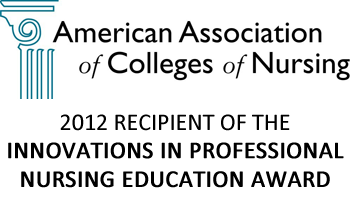A small study from Massachusetts General Hospital (MGH) researchers found that online virtual communities may be an effective way to train patients in meditation and other mind/body techniques. The ability to learn and practice approaches that elicit the relaxation response – a state of deep rest that has been shown to alleviate stress-related symptoms – in a virtual environment could help surmount several barriers that can restrict participation.
"Our finding that a medical intervention – in this case teaching a mind/body approach that includes the relaxation response – can be delivered via a virtual environment is important because these environments are are richer and more rewarding than simply using interactive web sites," says Daniel Hoch, MD, PhD, of the Benson-Henry Institute for Mind Body Medicine at MGH, corresponding author of the report appearing in the open-access journal PLoS One.
Hoch explains that, while practices that elicit the relaxation response have been shown to benefit individuals with a wide variety of health problems, the traditional way of teaching these practices – face-to-face meetings over several weeks – can present significant difficulties for patients, particularly those with limited mobility. In addition, individuals who are uncomfortable with group programs may prefer the anonymity of a virtual educational setting. While Internet-based programs have been used for mental health screening and support programs, Hoch and his colleagues were not aware of any prior efforts to systematically study a virtual mind-body intervention.
To test whether delivering such a program through a virtual environment was feasible, the research team chose Second Life, a three-dimensional "virtual world" in which users interact by means of online avatars that can communicate basic body language and emotional states. Several patient support groups, including groups for individuals with neurologic disorders, have established Second Life communities to share information and experiences. To adapt traditional face-to-face teaching methods to a virtual environment, Hoch brought experienced Benson-Henry clinicians together with experts in applications of Second Life to design the program.


